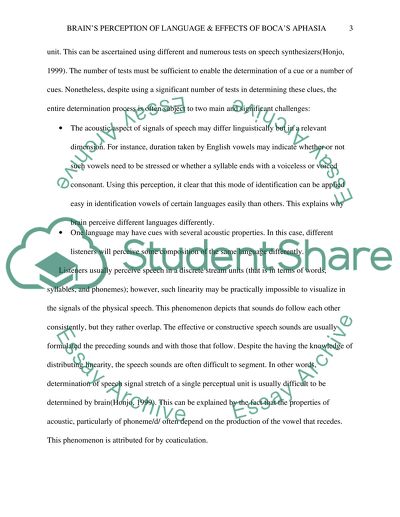Cite this document
(“Sensation and Perception Coursework Example | Topics and Well Written Essays - 1250 words”, n.d.)
Sensation and Perception Coursework Example | Topics and Well Written Essays - 1250 words. Retrieved from https://studentshare.org/psychology/1680774-sensation-and-perception
Sensation and Perception Coursework Example | Topics and Well Written Essays - 1250 words. Retrieved from https://studentshare.org/psychology/1680774-sensation-and-perception
(Sensation and Perception Coursework Example | Topics and Well Written Essays - 1250 Words)
Sensation and Perception Coursework Example | Topics and Well Written Essays - 1250 Words. https://studentshare.org/psychology/1680774-sensation-and-perception.
Sensation and Perception Coursework Example | Topics and Well Written Essays - 1250 Words. https://studentshare.org/psychology/1680774-sensation-and-perception.
“Sensation and Perception Coursework Example | Topics and Well Written Essays - 1250 Words”, n.d. https://studentshare.org/psychology/1680774-sensation-and-perception.


